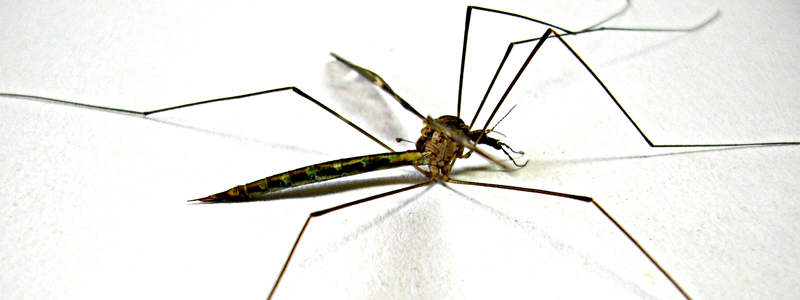BY: SAMANTHA BARTLETT, DVM
Recent clinical reports have prompted the FDA to conduct further investigation into the links between diet and heart disease. The FDA is expressing concerns about a possible link between DCM in dog breeds not traditionally predisposed to the disease and diets with legumes, such as lentils and peas, or potatoes as main ingredients. The FDA released a public notification on July 12, 2018 after receiving several reports possibly relating DCM in atypical breeds – 30 dogs and 7 cats – with diet. Since then, several more reports have come in from the veterinary community.
Dr. Lisa Freeman with Cummings School of Veterinary Medicine at Tufts University began seeing a connection with dilated cardiomyopathy with diet, specifically boutique diets. Dr. Freeman recently contributed to a blog associated with the university about a case involving a dog that was successfully treated for DCM with change of diet. The article can be accessed at http://vetnutrition.tufts.edu/2018/06/a-broken-heart-risk-of-heart-disease-in-boutique-or-grain-free-diets-and-exotic-ingredients/.
Previously, a known link had been established between DCM and taurine deficiency, but many dogs that develop the disease have normal levels of taurine. The Morris Animal Foundation is also funding a study on DCM and has found a suspected link between Golden Retrievers and increased incidence of DCM. At this time an exact cause for the link has not been determined. Researchers at this time are trying to determine a genetic link associated with the ability to make taurine. More information on this study can be found at the following link on the Morris Animal Foundation website, https://www.morrisanimalfoundation.org/article/researchers-getting-closer-understanding-dietary-taurine-and-heart-disease-dogs.
Dr. Freeman recommends that owners of pets that have been diagnosed with DCM file a report with the FDA through The Department of Health and Human Services. She also recommends that owners choose their pet’s food by choosing a manufacturer with a long track record that uses more conventional ingredients vs. Small-batch manufacturers and exotic ingredients such as kangaroo, fava beans, tapioca and chickpeas to name a few. Dr. Freeman suggests that these exotic ingredients are no better for your pet than traditional ingredients and may, in fact, be harder to break down into the components your pet needs for healthy function. She also recommends avoiding grain free diets as food allergies are uncommon and grains provide a healthy source of vitamins, minerals and protein. Dr. Freeman also recommends that owners let their veterinarian know if their pet is on a boutique or grain free diet, especially if there is concern for heart disease.












